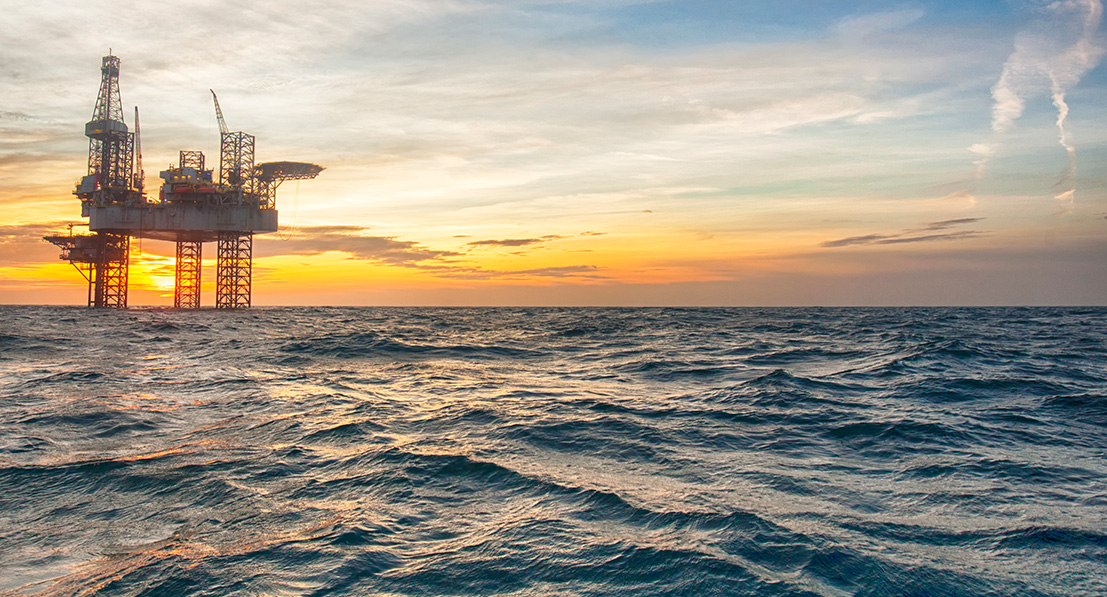views
Offshore oil and gas operations are among the most complex and demanding industrial activities in the world. Extracting resources from beneath the ocean floor requires not just advanced drilling technology, but also robust logistical and operational support. This is where marine services step in, providing the backbone that keeps offshore projects running smoothly and safely.

From transporting personnel and equipment to ensuring compliance with international regulations, marine service providers act as the lifeline of offshore operations. Companies like RMS Marine Service and their trusted network as a reliable shipping agency demonstrate how integrated marine solutions can drive efficiency, reduce downtime, and safeguard operations in one of the harshest working environments on Earth.
Why Offshore Oil and Gas Depend on Marine Services
The offshore sector is fundamentally dependent on the sea. Rigs, floating platforms, and support vessels are all situated in challenging maritime environments where the nearest land-based facilities may be hundreds of kilometers away. Without dependable marine services, operators would struggle to deliver essential supplies, maintain safety, or even keep production lines operational.
Key functions of marine services in this context include:
-
Transportation: Moving drilling equipment, spare parts, and construction materials to rigs and floating production units.
-
Crew Transfers: Ensuring personnel can safely and efficiently travel between shore bases, vessels, and offshore platforms.
-
Safety Support: Supplying firefighting systems, life-saving appliances, and emergency response equipment to comply with international standards.
-
Logistics and Storage: Coordinating warehousing and just-in-time delivery to minimize downtime.
-
Regulatory Compliance: Assisting with inspections, certifications, and audits to meet IMO and local government regulations.
Integrated Solutions: The Role of One-Stop Marine Providers
Offshore operations cannot afford fragmented supply chains or unreliable support. This is why the role of one-stop marine service providers has become increasingly critical. Instead of depending on multiple suppliers and agencies, ship owners and oil and gas companies can streamline operations through integrated services.
For example, RMS Marine Service has positioned itself as a trusted partner offering complete marine solutions. By acting not only as a supplier of spare parts and safety equipment but also as a reliable shipping agency, RMS helps offshore operators minimize risks while maintaining operational efficiency.
Such integration ensures that vessels and platforms receive what they need, when they need it, without unnecessary delays or added costs.
Safety as the Cornerstone of Offshore Operations
Safety is non-negotiable in the oil and gas industry. Offshore accidents can have devastating consequences for human lives, the environment, and company reputations. Marine services play a central role in mitigating these risks by:
-
Supplying certified safety gear such as fire extinguishers, lifeboats, and personal protective equipment.
-
Providing technical support for the maintenance and inspection of safety-critical systems.
-
Facilitating regular compliance checks to meet international standards like SOLAS (Safety of Life at Sea).
By relying on experienced partners like RMS Marine Service, offshore operators ensure they are not only compliant with regulations but also proactive in protecting crews and assets.
The Logistics Challenge in Offshore Oil and Gas
One of the greatest hurdles in offshore operations is logistics. Transporting equipment across vast distances at sea requires precision and reliability. Delays in delivery of spare parts or consumables can lead to costly downtime, impacting production and profitability.
Marine service providers tackle this challenge by offering:
-
24/7 global support networks that guarantee timely supply.
-
Inventory management systems that track spare parts and forecast demand.
-
Efficient shipping agency services that simplify customs, port clearances, and documentation for smooth global operations.
With integrated logistics, offshore operators reduce the risk of bottlenecks, ensuring uninterrupted production.
Technology Enhancing Marine Services
The adoption of digital tools is transforming the way marine services support offshore oil and gas. Technologies such as real-time tracking, predictive maintenance, and automated documentation have streamlined processes and reduced risks.
For instance:
-
Digital Fleet Monitoring: Ensures vessels supplying offshore rigs are monitored for safety and efficiency.
-
Predictive Analytics: Helps forecast spare parts requirements, reducing downtime.
-
Smart Shipping Agency Platforms: Automate port clearance processes, saving time and minimizing human error.
Forward-looking providers like RMS Marine Service are embracing these technologies to offer clients smarter, faster, and more cost-effective solutions.
Sustainability in Offshore Marine Support
Environmental responsibility has become a central concern for the oil and gas sector. Marine services now play an expanded role in helping operators reduce their environmental footprint.
This includes:
-
Supplying eco-friendly marine lubricants and chemicals.
-
Implementing waste management solutions for offshore platforms.
-
Providing equipment that complies with emission and ballast water regulations.
By ensuring sustainable operations, marine service providers support offshore companies in meeting global environmental standards while maintaining profitability.
Conclusion
The offshore oil and gas industry operates in one of the most challenging environments in the world, where precision, safety, and reliability are paramount. Without strong marine services, these operations would face insurmountable obstacles in transportation, safety, and compliance.
Trusted providers like RMS Marine Service, through their role as both a marine solutions provider and a reliable shipping agency, exemplify the value of integrated support. By offering comprehensive services—from safety equipment and spare parts to logistics and compliance—they empower ship owners and offshore operators to focus on production while minimizing risks and downtime.
As technology, sustainability, and regulatory demands continue to shape the industry, the role of marine services will only grow more critical. For offshore oil and gas operations to succeed in the coming decades, collaboration with dependable marine service partners will remain the key to safety, efficiency, and resilience.



Comments
0 comment